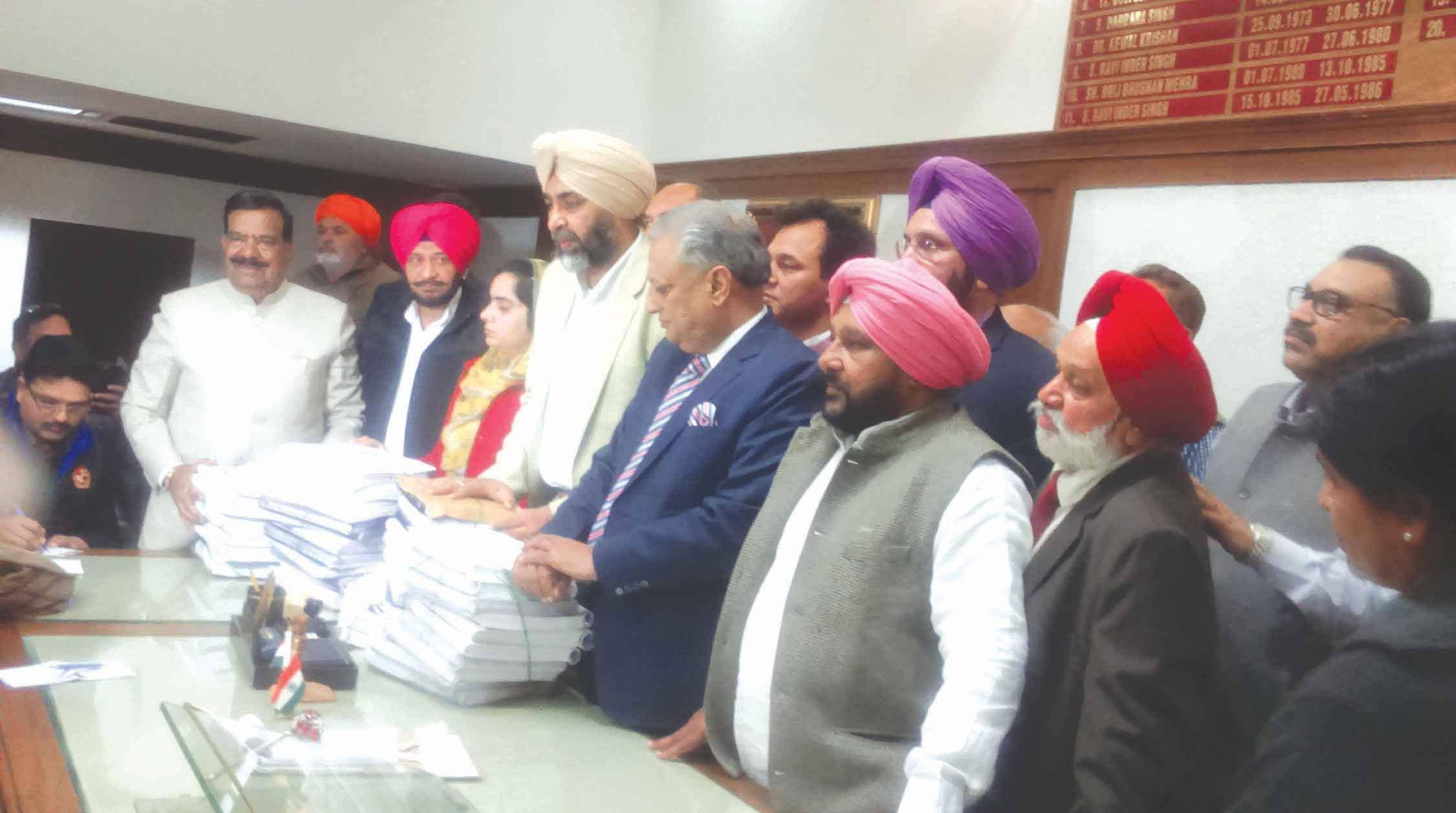Mahatma’s agonies
The Muslim League ministry in Bengal should be able to control the outbreak of disorders in East Bengal, said Mahatma Gandhi on 21 October 1946 in an interview to Preston Grover of Associated Press of America.

In an interesting revelation, it has come to notice that before Partition, when the proposal to bifurcate undivided Punjab was being discussed, only two Muslim members were there in the then 170-member state Assembly.
These two members who favoured division of Punjab between Indian and Pakistan were part of the Muslim League (All India Muslim League), the political group that led the movement calling for a separate Muslim nation to be created at the time of the partition of India in 1947.
Advertisement
Even more, at that time there were four Christian members in the Punjab Assembly and all four of them voted for staying in Pakistan.
Advertisement
The above revelations are part of the records of undivided Punjab Assembly which were unavailable in India till now.
But following the initiative of the Punjab finance minister, Manpreet Singh Badal, 43 volumes of the “Punjab Assembly Debates” (13 February 1937 to 19 March 1947) were on Tuesday handed over to the Speaker of state Assembly, Rana KP Singh.
Badal said as only one copy of these debates were available with the Punjab Assembly in Pakistan, contacts in the neighbouring country were used to get a photocopy of these documents which give a peep into the happenings in the then state Assembly which debated bifurcation of Punjab.
“From the contents of these debates, it’s clear that only two of 170-members in the then Punjab Assembly favored division of Punjab. The demand for division of India into two nations may have come from nawabs (Muslim rulers of princely states) in Uttar Pradesh and elsewhere, it was ultimately Punjab which got divided despite a majority against it. Punjab was divided, not India despite most Punjab leaders being against it ,” the minister said after handing over the copies of the documents to the Speaker.
The Speaker also said these records represent the emotions of the people which were under wraps… “These documents have enriched Punjab Assembly. It will be great help in understanding the leaders of undivided Punjab,” Singh said.
These reports are in English as it was the only language used for recording the happenings in the Assembly, Badal further said.
Advertisement